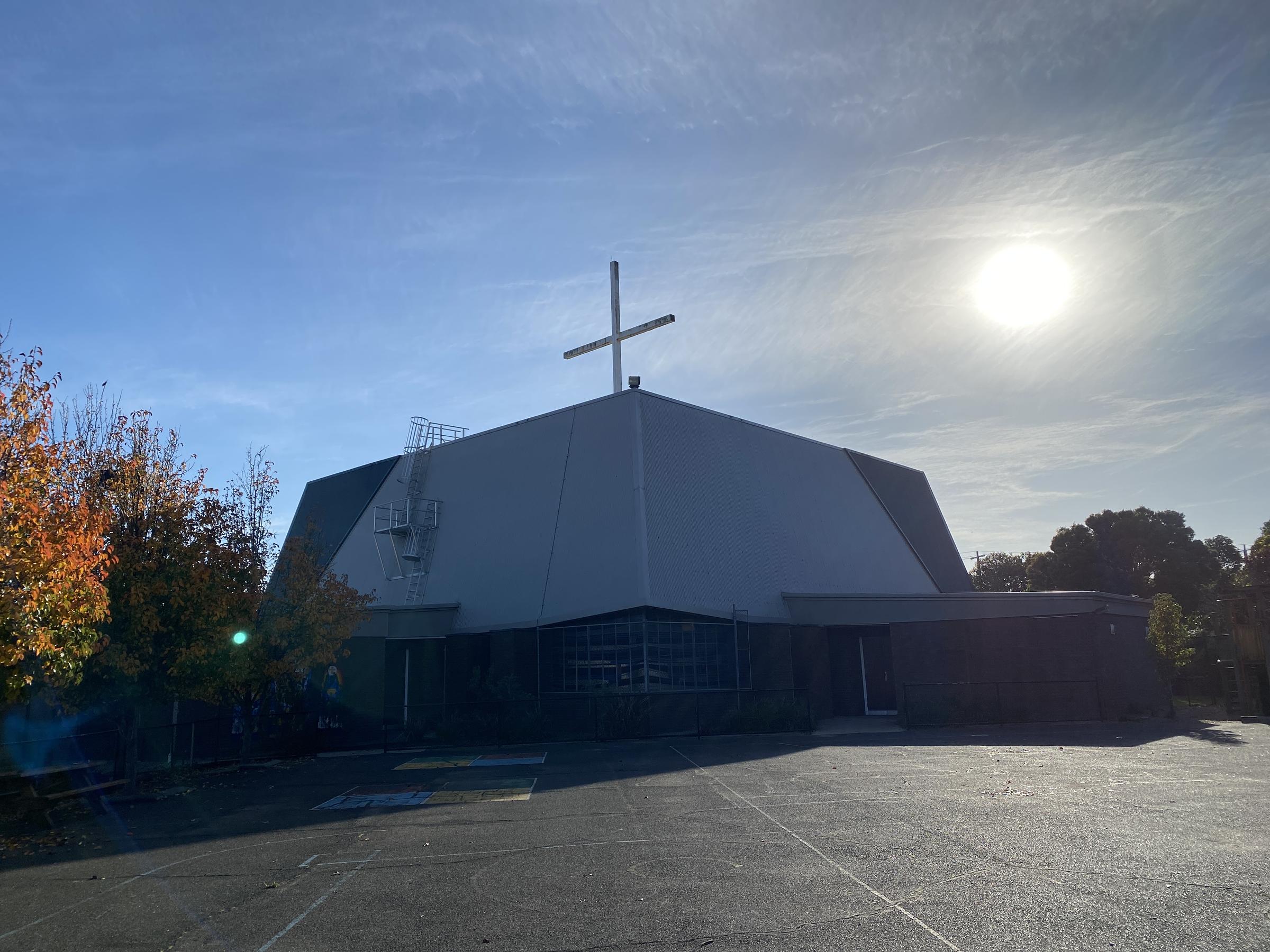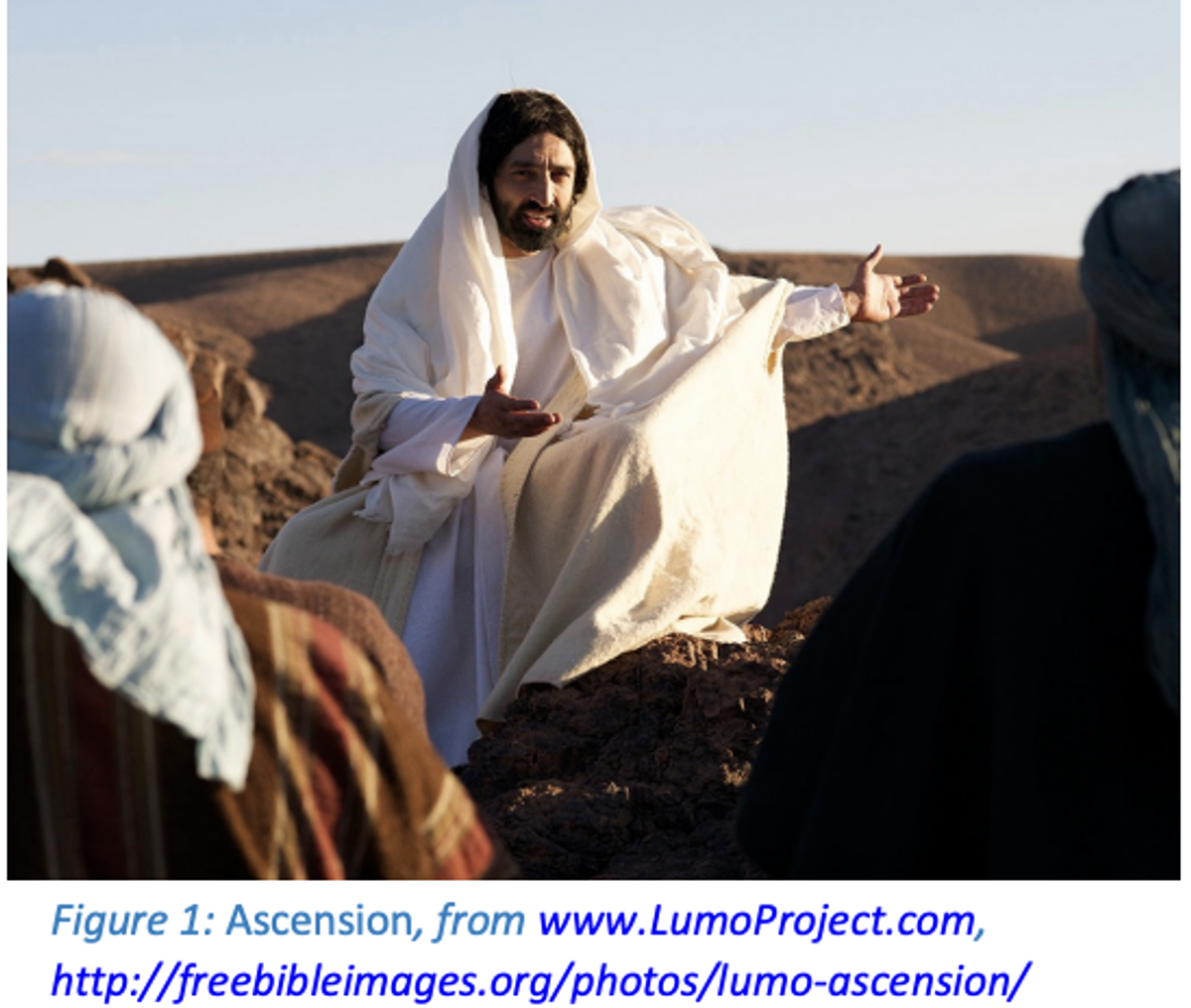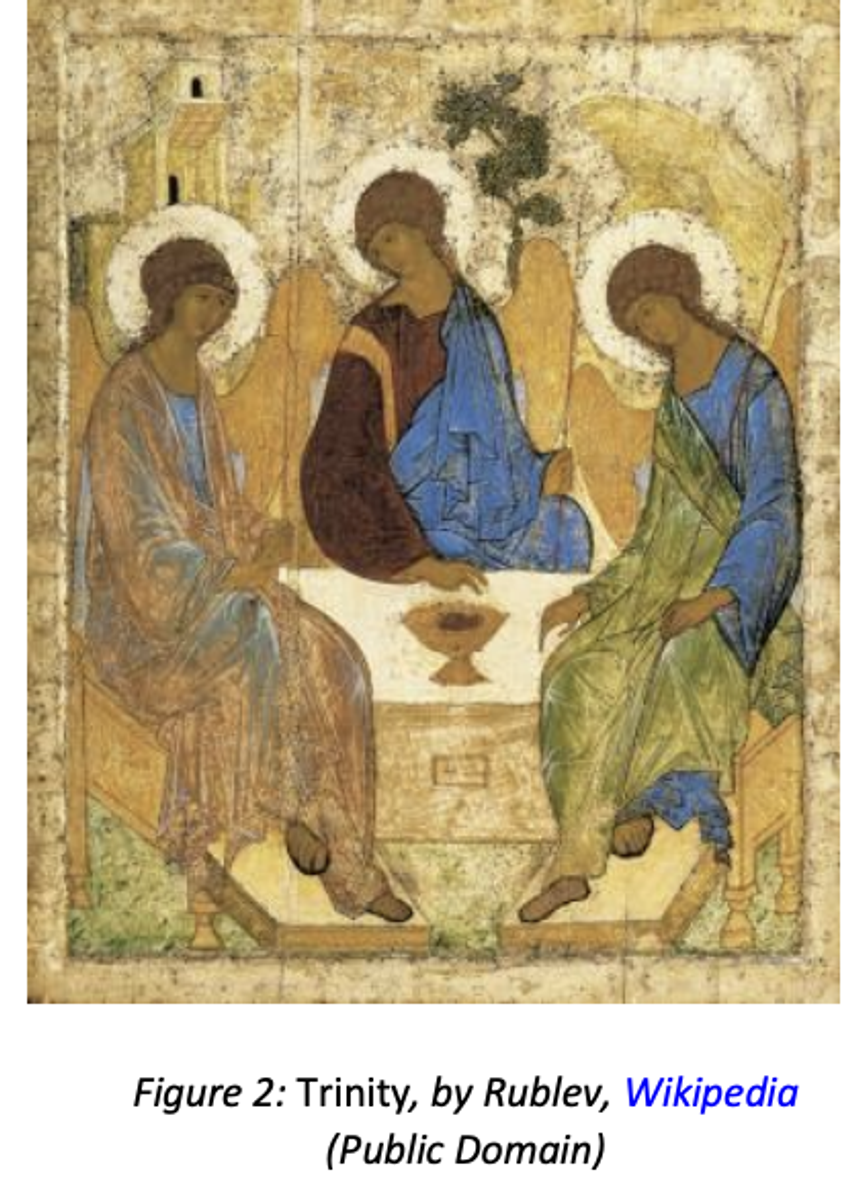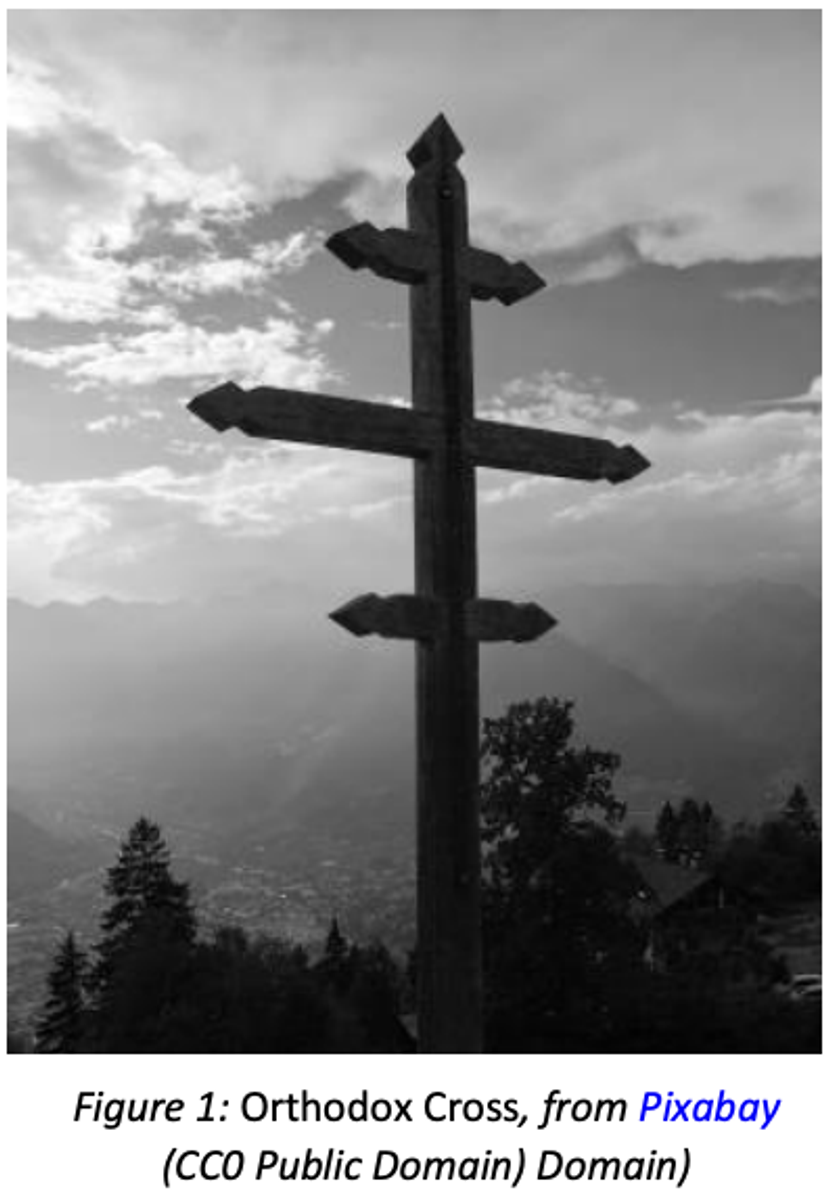RENews
LIGHT of HOPE

RENews
LIGHT of HOPE
Over the past fortnight and in the weeks ahead the Catholic Church has and will celebrate many liturgical celebrations. These celebrations begin with The Ascension of the Lord, followed by Pentecost, and The Holy Trinity. And finally the Solemnity of the Most Holy Body and Blood of Christ, also known as Corpus Christi and The Feast of the Sacred Heart.
These important and memorable Church traditions, rituals and symbolic occasions that remind us of the Lord's 'Sacrifice' and 'Love' for all people. After Jesus' resurrection for forty days, Jesus continued to teach and tell his apostles about the Kingdom of God. He told them to wait for the Holy Spirit as promised by the Father. Jesus' words can be found in the Bible; Chapter 1 of the Acts of the Apostles.
Pentecost takes place 50 days after Easter and completes the Easter Season. At Pentecost, we remember how the Holy Spirit came to the disciples who were gathered in an upper room as a thunderous sound and then as a flame that rested on each of their heads. The Holy Spirit helped Jesus’ followers to courageously go out and share the good news about Jesus with many people, and so began the time of the Church. Each year we remember the coming of the Holy Spirit to the apostles and pray for awareness of the presence of the Holy Spirit in our Church and in our own lives.


This week, Catholics remember that God has been revealed to us as the Father, the Son and the Holy Spirit. The mystery of the Trinity is difficult to understand and yet we encounter the Trinity through worship, symbol, and faith. The Trinity is not a mystery to be solved, but a mystery to be encountered.
Today we as Christians respond and pray a well-known prayer from our tradition in praise of the Trinity.
Glory be to the Father,
And to the Son,
And to the Holy Spirit.
As it was in the beginning, is now,
And ever shall be, world without end.
Amen.




The feast of the Sacred Heart is also referred to as the Solemnity of the Most Holy Body and Blood of Christ, also known as Corpus Christi. In every celebration of the Eucharist, we remember the way that Christ fed the crowds who came to him and how he gave his entire life for us. He feeds us too when we remember and receive Christ’s self-offering, his body and blood in the form of bread and wine in the Eucharist. The most well-known story is the story of the 'Loaves and Fishes' from the Gospel of Luke.
Taken from Luke's Gospel: 9: 11–17
It was late afternoon when the Twelve came to him and said, ‘Send the people away, and they can go to the villages and farms round about to find lodging and food; for we are in a lonely place here.’ He replied, ‘Give them something to eat yourselves.’ But they said, ‘We have no more than five loaves and two fish unless we are to go ourselves and buy food for all these people.’ For there were about five thousand men. But he said to his disciples, ‘Get them to sit down in parties of about fifty.’ They did so and made them all sit down. Then he took the five loaves and the two fish, raised his eyes to heaven, and said the blessing over them; then he broke them and handed them to his disciples to distribute among the crowd. They all ate as much as they wanted, and when the scraps remaining were collected they filled twelve baskets.
This gospel shows us that the focus of the Eucharist is not just adoring Jesus in the Blessed Sacrament, but carrying on the works of Jesus in the world today. We are fed with the body and blood of Jesus so that we can ‘become Jesus’ in our world today.
We are to become what we eat.
In this gospel, the disciples want to send the people away to find their own food, but Jesus says: ‘you feed them’.
What are some of the hungers that people have? (Peace, safety, food, shelter, love, acceptance, encouragement... )
How can we help meet those needs? Think of one concrete way you can be Jesus to someone this week.

